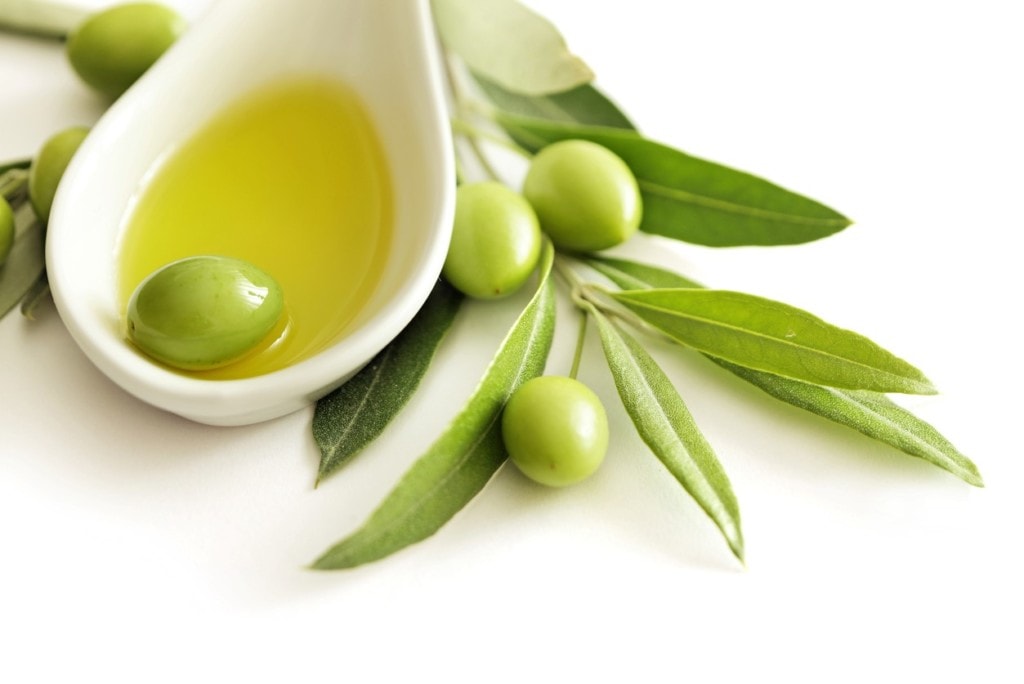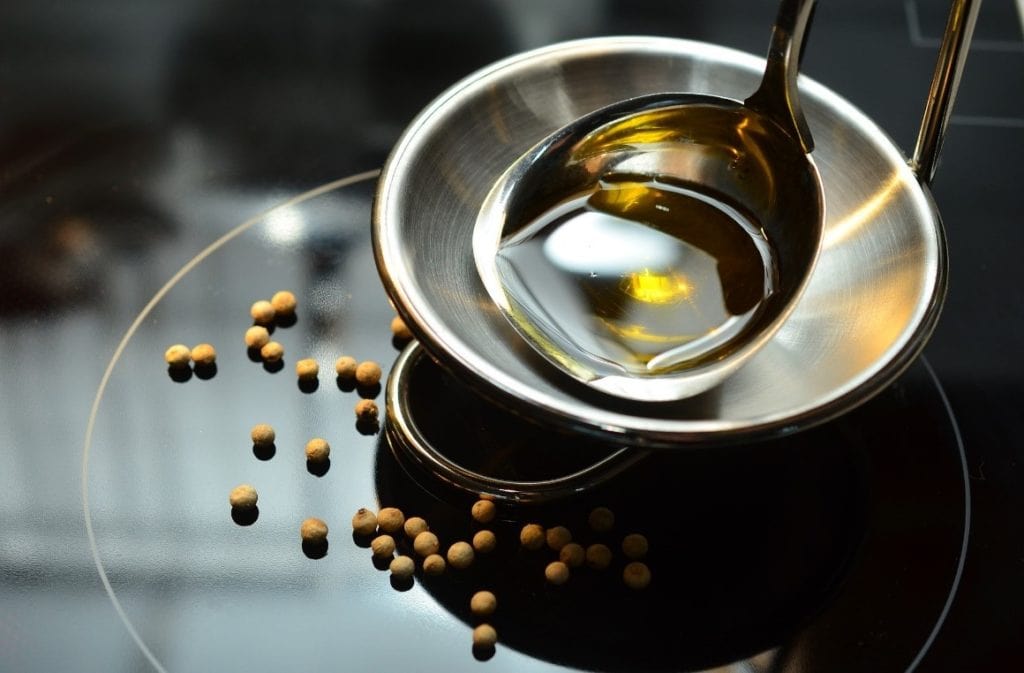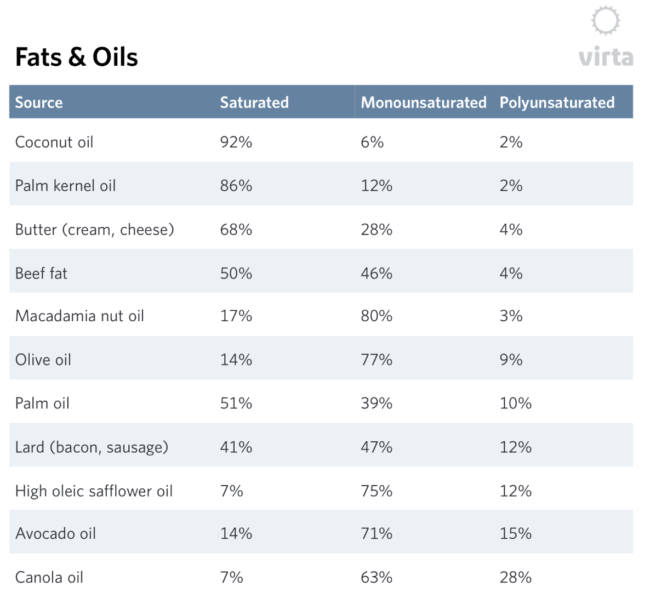Olive Oil Versus Vegetable Oil : Which Is Best For Your Heart?
Updated November 29th 2022

- Comparing Olive Oil versus vegetable oil reveals some important differences in their health benefits
- Extra virgin olive oil and vegetable oil are both common cooking oils
- Olive oil is more closely linked to benefits for heart health
- Extra virgin olive oil is high in antioxidants
- Extra virgin olive contains mostly unsaturated fat which can reduce harmful cholesterol
Extra virgin olive oil and vegetable oil are two of the most common types of cooking oil. They both have their pros and cons, but which one is better for your heart?
Extra virgin olive oil is made from pure, cold-pressed olives. It’s packed with antioxidants and has been shown to boost levels of “good” HDL cholesterol and protect against heart disease. vegetable oil, on the other hand, is usually a blend of different oils like soybean, corn, or sunflower oil. It’s relatively low in saturated fat and has a high smoke point, making it ideal for frying. So, which one should you choose? If you’re looking for a heart-healthy option, extra virgin olive oil is the way to go.
Olive Oil vs Vegetable Oil: Which Is Healthier Overall?

As explained in a great article from Healthline, not all olive oils are the same. In fact;
The degree of processing that an oil undergoes not only affects its flavor but also its nutritional composition.
While both olive and vegetable oils contain unsaturated fatty acids, olive oil contains higher amounts of monounsaturated fats like oleic acid, linoleic acid, and palmitic acid. Vegetable oil contains mostly omega-6 polyunsaturated fats.
The exceptionally high quality of Morocco Gold extra virgin olive oil is the result of care and attention to detail throughout the entire production process.
This results in a truly premium quality extra virgin olive oil with a very high polyphenol count and low acidity – a benefit to both the taste and health benefits of the olive oil.
In fact, this year’s 2022 Harvest of Morocco Gold has a truly exceptional polyphenol count of 644mg/kg and an acidity level of 0.28% – enviable by any standards!
Olive Oil Versus Vegetable Oil: The Case For Health Boosting Antioxidants
As Healthline explains, Extra virgin olive oil — the least processed type of olive oil — is rich in antioxidants and anti-inflammatory compounds like tocopherols, carotenoids, and polyphenols. Minimally refined olive oil also maintains some micronutrients, such as vitamins E and K
On the other hand, the refining process used to make vegetable oil destroys micronutrients, antioxidants, and beneficial plant compounds, including tocopherols, phytosterols, polyphenols, and coenzyme Q. In contrast to the heart health benefits of olive oil, vegetable oils are typically high in unhealthy saturated fats and can actually increase the risk of heart disease. So if you’re looking for a healthy cooking oil, extra virgin olive oil is the way to go.
No matter what style of food you cook you’re bound to have a bottle of cooking oil lurking in the cupboard. Whether it’s used to roast a tray of vegetables or make a tasty salad dressing, vegetable oil is a kitchen staple.
The reason there are so many different types of oils is because they can be extracted from a wide range of seeds, nuts, legumes, plant fruits and grains. E.g. sunflower seeds, walnuts, soybeans, olives and grains like rice can all be used to produce vegetable oils.
Unsaturated Fat vs. Saturated Fat : What Are The Healthiest Oils?
Not all oils are created equal. Importantly, each oil can vary in the type and ratio of different fats that they contain.
The healthiest oils are those which mostly contain heart-healthy unsaturated fats. Foods which are rich in these heart-healthy fats like nuts, seeds, avocado, olives and vegetable oils help to reduce levels of harmful cholesterol (low density lipoprotein – LDL) in the blood.
In comparison, palm oil and coconut oil are high in saturated fat which increases LDL cholesterol and risk of heart disease. In recent years, coconut oil has become more popular and although using small amounts to add flavour is ok, it’s a good idea to choose another oil like olive oil as a main cooking oil.

How Are Oils Produced?
‘Cold-pressing’ is when the oil is extracted without any heat and is used to produce oils like extra virgin olive oil and avocado oil. ‘Hot-pressing’ is similar but the oil is extracted with heat and pressure. These processing techniques result in a less-processed oil which is higher in antioxidants with most of the flavour and colour retained. Although these oils are nutritionally better, they are also more expensive because they are costly to produce.
‘Refined oils’ are extracted using a solvent which is then followed by a refining, bleaching and deodorising process1. These steps reduce the flavour, odour and colour of the original oil and also partially remove some of the antioxidants. These oils are usually cheaper and are often more stable at higher temperatures. Many of the oils on supermarket shelves are refined oils like soya bean, canola, rice bran and grapeseed oils.
Olive Oil Vs Vegetable Oil: Which is the best oil to cook with?
High temperature cooking methods (like frying and deep-frying) can cause the oil to break down and produce chemicals like peroxides and aldehydes which are potentially harmful to our health.
Olive Oil Has a Low Smoke Point
The ‘smoke point’ of an oil is the temperature at which it starts to smoke and break down and produce potentially harmful free radicals. Contrary to some beliefs, however, high quality extra virgin olive oil such as Morocco Gold is a great choice for many cooking methods as its smoke point is somewhere around 374 – 405 °F (190–207°C). As explained by the Olive Wellness Institute, Extra Virgin Olive Oil contains high levels of natural antioxidants. These antioxidants protect the naturally stable oil when heated, making Extra Virgin Olive Oil a very health option to cook with (including deep frying, pan frying, sauteing and oven baking).
You can be a lot more flexible with the type of oil you use for salad dressings, sauces or for drizzling over pasta because the oil isn’t being heated.
